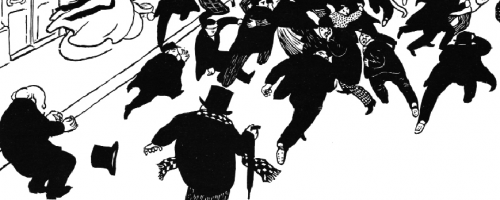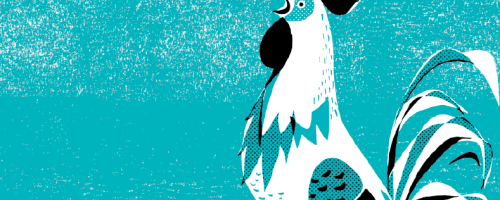When Caitlyn Jenner, former Olympian and erstwhile patriarch of the Kardashian clan, came out as a transgender woman in early 2015, magazine editors around the world rubbed their hands together in glee. This is, I should note, not a new phenomenon: transgender women have been a figure of public interest since Christine Jorgensen made news headlines around the world in 1952: ‘Ex-G.I. Becomes Blonde Bombshell’. There was nothing new about Jenner’s story – it is no news to the world that transgender women exist – and yet every development of her transition has been recounted with breathless enthusiasm in gossip magazines and on Jenner’s own reality show, I Am Cait.
Reading is a pretty magical process: our brain transforms squiggles on a page into images, scenes and ideas that then link with our emotional and intellectual archive to form new internal experiences. This internal world bridges our imagined and lived lives, giving reading the power to transform not only our perspectives, but also us as individuals. But the changes to our lives brought about by technology have simultaneously changed our relationship with reading. It’s now the source of myriad anxieties: are we reading enough, what and how are we reading, are we retaining the knowledge and so on?
































